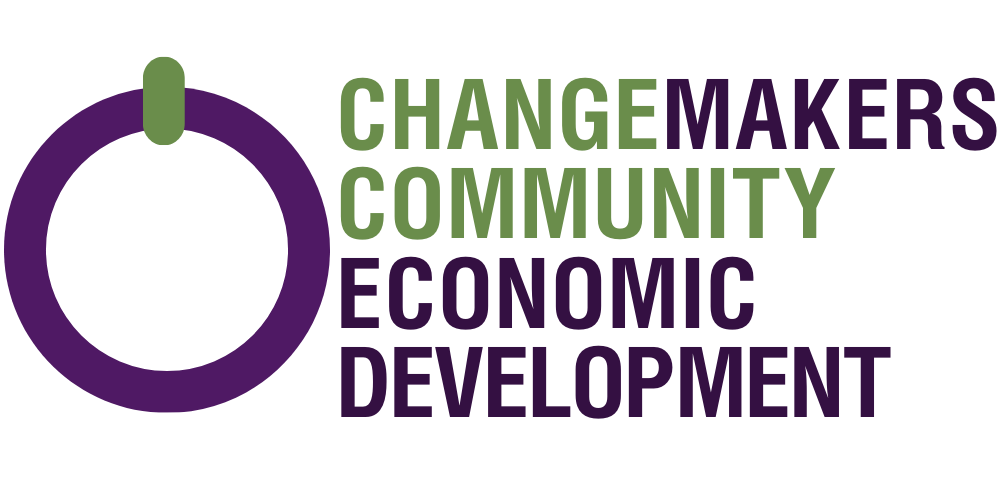Starting a Nonprofit in Hawaii
Starting a Nonprofit in Hawaiʻi:
A Step-by-Step Journey
Embarking on the journey to start a nonprofit in Hawaiʻi is a noble and impactful endeavor. Whether your goal is to address social issues, support cultural preservation, or promote economic equity, establishing a nonprofit organization can help you make a meaningful difference. Here’s a narrative guide to help you navigate this process and turn your vision into reality.
DISCOVERING YOUR PURPOSE
Every great endeavor begins with a clear sense of purpose. Start by defining your mission and vision. Imagine the change you want to see in your community. Perhaps you envision a Hawaiʻi where Native Hawaiian entrepreneurs thrive, creating a vibrant and inclusive local economy. Your mission statement will articulate this purpose, guiding your actions and inspiring others to join your cause.
UNDERSTANDING COMMUNITY NEEDS
Next, dive deep into understanding the specific needs of the community you wish to serve. Conduct a needs assessment through surveys, focus groups, or by reviewing existing research. Identify the gaps in services or support that your nonprofit can fill. For example, you might discover a lack of mentorship programs for young Native Hawaiian entrepreneurs, highlighting an area where your efforts could have a significant impact.
CRAFTING YOUR BUSINESS PLAN
With a clear mission and understanding of community needs, you can now develop a detailed business plan. This plan will serve as your roadmap, outlining your goals, strategies, and financial projections. Imagine creating a mentoring program for Native Hawaiian youth, planning social media campaigns to raise awareness, and drafting a budget to manage your resources effectively. Your business plan will bring structure to your vision, ensuring you stay focused and organized.
NAVIGATING LEGAL REQUIREMENTS
Establishing your nonprofit’s legal foundation is a critical step. In Hawaiʻi, this begins with registering your organization through the Department of Commerce and Consumer Affairs (DCCA). Applying for 501(c)(3) status with the IRS will grant you tax-exempt status, enabling donors to make tax-deductible contributions. Ensure you comply with all state-specific requirements, including charitable solicitation laws, to operate smoothly and legally.
BUILDING A STRONG TEAM
Your nonprofit will thrive with a dedicated and a diverse board of directors. Seek out individuals who share your passion and bring a mix of skills in finance, marketing, community outreach, and more. Clearly define their roles and responsibilities to ensure effective governance. This team will be your backbone, providing support and guidance as you navigate the challenges ahead.
ESTABLISHING POLICIES AND PROCEDURES
Strong policies and procedures are essential for transparency and accountability. Develop bylaws and governance policies to guide your nonprofit’s operations. Create comprehensive policies for finance, human resources, and program management. These will provide a solid framework, ensuring your organization runs smoothly and maintains the trust of your supporters.
SECURING FUNDING AND RESOURCES
Funding is the lifeblood of any nonprofit. Begin by applying for grants from foundations and government sources. Organize fundraising events, launch online campaigns, and reach out to potential donors. Building and maintaining relationships with donors is crucial; keep them informed about your progress and the impact of their contributions.
ENGAGING WITH THE COMMUNITY
Community engagement and partnerships will amplify your impact. Collaborate with other organizations, businesses, and community groups to pool resources and expertise. Develop volunteer programs to involve community members in your mission. Volunteers can offer valuable support and help spread the word about your cause.
DESIGNING AND MANAGING PROGRAMS
Developing effective programs requires careful planning and resource allocation. Design programs that align with your mission and address identified community needs. Regularly assess their effectiveness and be open to making adjustments based on feedback. This iterative process ensures your programs remain relevant and impactful.
MARKETING AND COMMUNICATION
A strong brand identity and effective communication strategies are vital for building a loyal supporter base. Use social media, newsletters, and public relations to reach your audience. Share success stories and highlight real-life examples of your work to inspire and engage your supporters. Consistent communication helps maintain their interest and support.
EVALUATING AND REPORTING
Regularly measure the outcomes and impact of your programs. Use this data to demonstrate your effectiveness and inform future planning. Maintain transparency with stakeholders through regular reporting. This builds trust and credibility, essential for long-term sustainability.
LEVERAGING LOCAL RESOURCES
Hawaiʻi offers many resources to support nonprofits. The Hawaiʻi Alliance of Nonprofit Organizations (HANO) provides training and resources, while the Hawaiʻi Community Foundation offers grants. The State of Hawaiʻi Department of Commerce and Consumer Affairs oversees nonprofit registration and compliance, ensuring you meet all legal requirements.
Starting a nonprofit in Hawaiʻi is a rewarding journey that requires dedication, careful planning, and a deep commitment to your mission. By following these steps and leveraging local resources, you can build a successful and impactful organization. Your efforts will contribute to the betterment of our beautiful island community, creating lasting change. Mahalo for your commitment to making a difference!
Unsure where to begin when starting your nonprofit organization?
Claim your “Starting a Nonprofit in Hawaiʻi” checklist. This comprehensive guide will help you navigate the essentials of setting up a successful nonprofit in the Aloha State.
Complete the form below and get your copy today!
Feel free to reach out if you have any questions or need further assistance on your nonprofit journey. Together, we can create positive change in Hawaiʻi!







